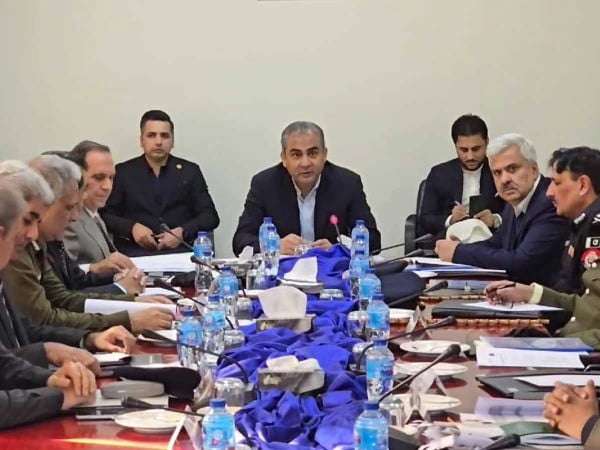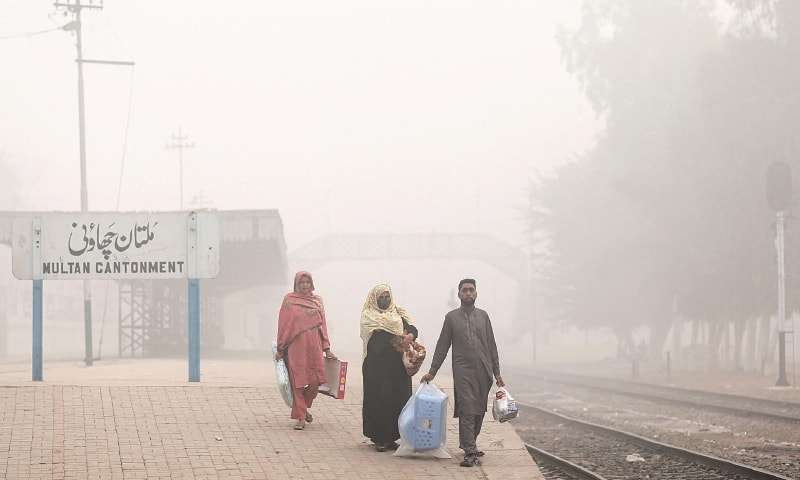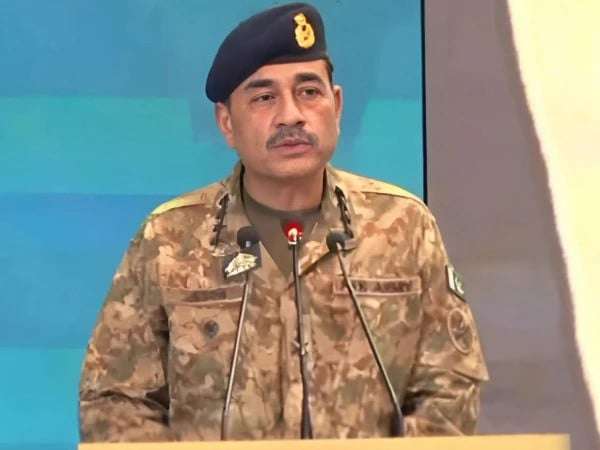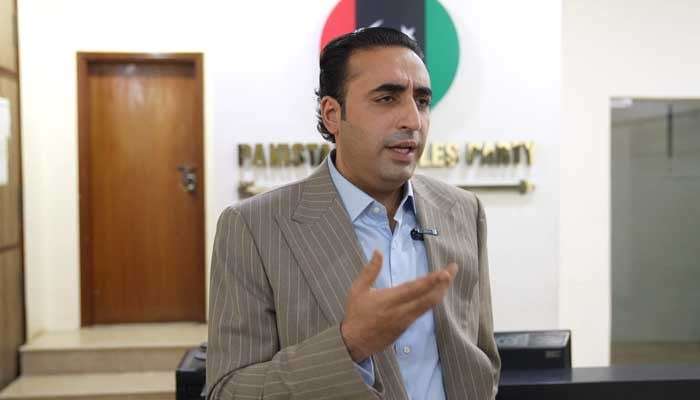The government of Pakistan has committed to taking comprehensive actions to eliminate terrorist activities on social media platforms and curb the misuse of illegal SIM cards. This decision comes as part of a broader strategy to combat terrorism and strengthen law enforcement across the country. The initiative will involve collaboration between multiple agencies, including the Pakistan Telecommunication Authority (PTA) and provincial authorities, to enhance national security measures.
Government’s Strategy to Tackle Terrorism on Social Media
Interior Minister Mohsin Naqvi announced that a multifaceted approach would be employed to block the accounts of banned terrorist organizations on social media. The government’s primary goal is to disrupt the communication channels and propaganda spread by these groups. The use of social media by such organizations has been a growing concern, as it allows them to radicalize individuals and recruit members. The government, in cooperation with the PTA, will implement measures to prevent these groups from operating online, limiting their ability to spread harmful ideologies.
Collaboration with PTA and Provincial Authorities
In line with the strategy, the PTA will collaborate with provincial authorities to ensure that terrorist accounts are identified and blocked swiftly. The provinces will also work on creating a cohesive framework to prevent the use of illegal SIM cards, which are often used for criminal and terrorist activities. Illegal SIM cards are a significant security risk, as they enable individuals to communicate and organize without being traced, posing a major challenge for law enforcement.
National Action Plan (NAP) and Enhanced Coordination
The announcement comes after a crucial meeting of the National Action Plan (NAP) Coordination Committee, which took place on Tuesday. The committee reviewed the latest efforts to combat terrorism and discussed further measures to strengthen the country’s security infrastructure. During the meeting, it was revealed that 7,984 intelligence-based operations had been carried out until October, leading to the elimination of 206 terrorists. This reflects the government’s ongoing commitment to combating terrorism and maintaining peace across the nation.
Establishment of the National Fusion Centre
One of the key developments discussed in the meeting was the establishment of a National Fusion Centre, designed to enhance coordination between the National Counter Terrorism Authority (NACTA) and provincial authorities. The National Fusion Centre will serve as a central hub for sharing intelligence and facilitating communication between federal and provincial law enforcement agencies. This center aims to streamline the decision-making process and ensure that counter-terrorism operations are carried out more effectively.
Strengthening Counter Terrorism Forces (CTFs)
Minister Naqvi also emphasized the need to enhance the professional capabilities of Counter Terrorism Forces (CTFs) in high-risk regions such as Balochistan and Khyber Pakhtunkhwa (K-P). The government plans to provide full cooperation to these forces, ensuring they are adequately equipped and trained to handle the increasing threat of terrorism in these areas. He also highlighted the importance of prioritizing law enforcement agencies, including the police and the Frontier Constabulary (FC), to improve security and combat terrorism more effectively.
Focus on Modernizing Law Enforcement
To further improve the law and order situation, Minister Naqvi emphasized the need for police forces across all provinces to be equipped with modern technology. By leveraging technological advancements, the government aims to enhance the operational effectiveness of law enforcement agencies and ensure better coordination in tackling criminal activities.
The federal government has also committed to addressing the urgent resource requirements of law enforcement agencies. Naqvi instructed that all institutions submit their reports on necessary resources within the next seven days to ensure that law enforcement agencies are adequately equipped to handle the challenges posed by terrorism and other criminal activities.
NACTA’s Role in Combating Terrorism
The National Counter Terrorism Authority (NACTA) will take a leading role in Pakistan’s fight against terrorism. The authority has already begun internal reforms to restore its original mandate and improve its effectiveness in combating terrorism. NACTA’s efforts will be coordinated with provincial agencies and other stakeholders to ensure that anti-terrorism operations are aligned with national security objectives.
Reinforcement of Counter-Terrorism Strategies
NACTA has been actively involved in reviewing and implementing the second phase of its counter-terrorism strategies. The agency is focused on developing a robust framework to counter the increasing threats of terrorism and extremism in Pakistan. The agency will continue to coordinate with various government and private sector entities to create a unified front against terrorism.
Security for Chinese Nationals and Narcotics Control
The committee also reviewed the progress on security measures for Chinese nationals residing and working in Pakistan. Given the growing cooperation between Pakistan and China, ensuring the safety of Chinese citizens has become a top priority for the government. Naqvi directed that a foolproof security plan be implemented for the protection of Chinese nationals, particularly in areas where they are at greater risk.
Furthermore, the committee discussed efforts to enhance support for the Coast Guard in combating narcotics smuggling along Pakistan’s coastal areas. The growing issue of narcotics trafficking remains a significant challenge, and the government is committed to strengthening its coastal security apparatus to curb this illegal activity.
Progress on the Counter-Terrorism Authority in Islamabad
The establishment of a dedicated Counter-Terrorism Authority in Islamabad was also discussed during the meeting. This new authority will be responsible for implementing the country’s counter-terrorism policies and overseeing the coordination of anti-terrorism operations. The aim is to create a specialized body that can effectively manage and combat the evolving threat of terrorism.
NACTA’s National Coordinator, Khalid Khattak, provided a detailed briefing on the progress of the second review meeting regarding the implementation of counter-terrorism measures. He highlighted the ongoing efforts to streamline and enhance the authority’s operations to ensure they align with the latest security challenges.
FAQs: Understanding the Government’s Anti-Terrorism Strategy
1. What is the National Fusion Centre, and how does it work?
The National Fusion Centre is a centralized hub for sharing intelligence and coordinating efforts between federal and provincial agencies to combat terrorism. It facilitates better communication and faster decision-making in counter-terrorism operations.
2. Why are illegal SIM cards a security threat in Pakistan?
Illegal SIM cards are difficult to trace and are often used by terrorists and criminals to organize attacks and evade surveillance. They pose a significant security risk, as they undermine efforts to track and apprehend suspects.
3. How will NACTA contribute to Pakistan’s fight against terrorism?
NACTA will lead the efforts in coordinating anti-terrorism operations, providing strategic guidance to law enforcement agencies, and ensuring that counter-terrorism policies are implemented effectively across the country.
4. What steps are being taken to improve the capabilities of Counter Terrorism Forces (CTFs)?
The government plans to enhance the training, equipment, and operational readiness of CTFs in high-risk areas such as Balochistan and Khyber Pakhtunkhwa, ensuring they are better equipped to handle terrorist threats.
5. How is the government addressing the security of Chinese nationals in Pakistan?
The government is prioritizing the safety of Chinese nationals by implementing a comprehensive security plan. This includes providing enhanced protection to Chinese citizens working in Pakistan, particularly in regions with heightened security risks.



